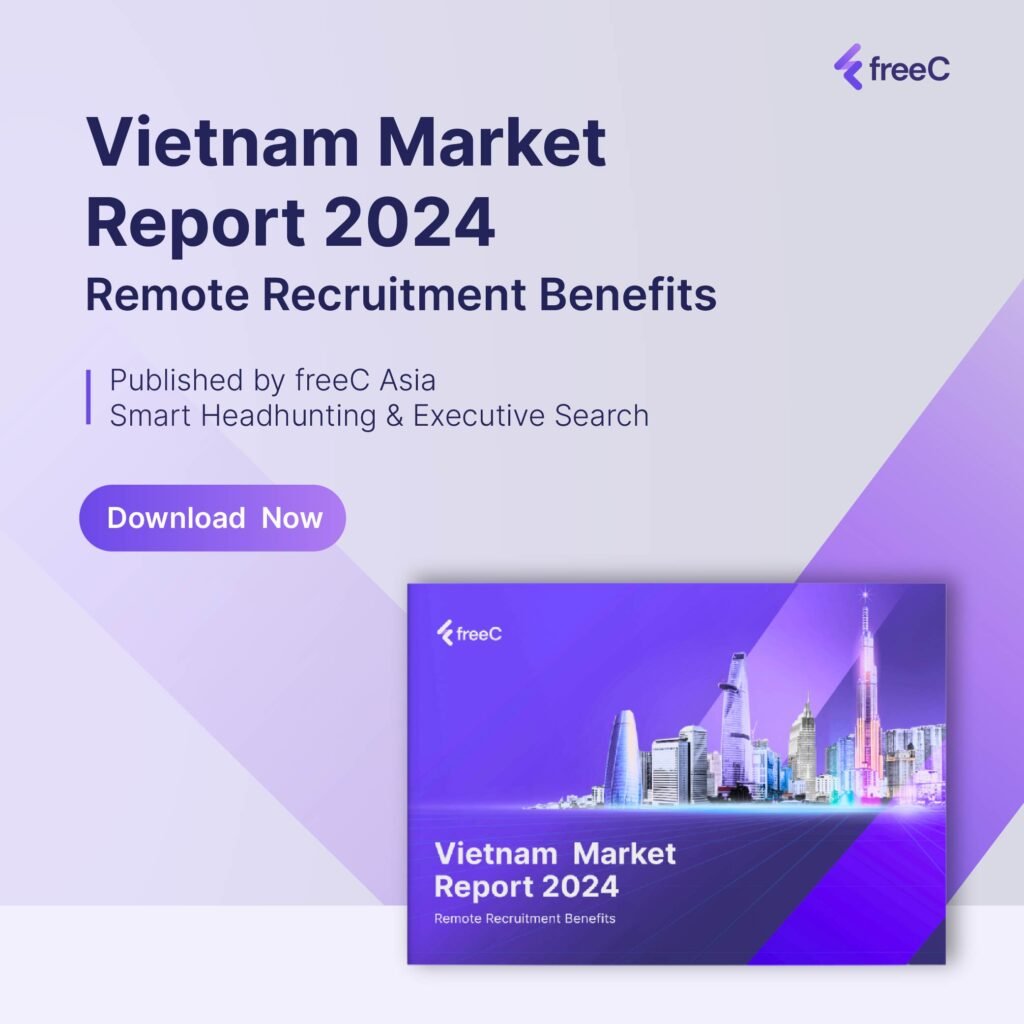Outsourcing has become a critical strategy for businesses worldwide, allowing companies to reduce operational costs, access a global talent pool, and maintain flexibility in scaling their operations. Vietnam is increasingly emerging as a preferred outsourcing destination due to its cost advantages, skilled workforce, and improving infrastructure. This guide offers a comprehensive analysis of outsourcing costs in Vietnam, comparing them with other popular Asian markets like India, the Philippines, and Indonesia. We will explore various components such as salaries, benefits, overheads, and infrastructure costs to help businesses understand the true value of outsourcing to Vietnam.
Overview of Outsourcing in Asia
Asia has long been a global hub for outsourcing, with countries like India, the Philippines, and Indonesia leading the way. However, Vietnam is quickly catching up due to its combination of competitive costs, an educated workforce, and government support for the digital economy. According to a report by Deloitte, Asia accounts for more than 60% of the global outsourcing market, and Vietnam is becoming an increasingly significant player in this sector.
Salaries and Labor Costs in Vietnam
One of the most significant factors in outsourcing costs is labor, and Vietnam offers some of the most competitive salaries in Asia.
According to the World Bank, the average monthly salary for a software developer in Vietnam is approximately $1,500, compared to $2,000 in the Philippines, $2,500 in India, and $3,000 in Malaysia.
For non-technical roles like customer support, the cost difference is even more pronounced, with Vietnamese professionals earning about $400 to $600 per month, compared to $700 in the Philippines and $900 in India.
Vietnam’s labor costs are kept low due to the country’s lower cost of living and a large pool of young, educated professionals. The average cost of hiring a mid-level IT professional in Vietnam is roughly 40-60% lower than in Western countries. Furthermore, the salary increase rate in Vietnam is moderate, at around 8% per year, compared to double-digit rates in India and China.
Benefits and Additional Compensation Costs
While base salaries are a significant part of outsourcing costs, businesses must also consider benefits and additional compensation. In Vietnam, mandatory social insurance contributions are relatively low, at around 22% of gross salary (employer’s contribution), compared to 30% in the Philippines and 33% in India. Furthermore, Vietnam’s regulations on severance pay and termination benefits are more straightforward and less costly compared to other Asian markets, follow
Health insurance, pension contributions, and other employee benefits are also more affordable in Vietnam. According to Mercer, the average cost of employee benefits in Vietnam is about 10-15% of the total salary, compared to 20-25% in India and 18-20% in the Philippines.
Operational and Overhead Costs
The costs associated with maintaining an office, utilities, internet, and other operational overheads are another significant component of outsourcing expenses. Vietnam offers a distinct advantage in this area. The average monthly rent for a Grade A office in Ho Chi Minh City is around $30 per square meter, compared to $50 in Manila and $60 in Bengaluru. Internet costs are also lower, with Vietnam ranked among the most affordable countries for high-speed broadband in Asia.
Additionally, the cost of electricity, water, and other utilities is generally 20-30% lower in Vietnam than in other major outsourcing hubs in Asia. The rise of co-working spaces and innovation hubs in cities like Hanoi and Ho Chi Minh City has further reduced operational costs, making Vietnam a cost-effective choice for startups and established businesses alike.
Talent Pool and Quality of Workforce
Vietnam boasts a young and dynamic workforce with a strong emphasis on technical education. According to Vietnam’s Ministry of Education and Training, the country produces over 400,000 university graduates annually, with around 50,000 specializing in IT and engineering. This is comparable to the output from larger markets like India but at a fraction of the cost.
In terms of language skills, the EF English Proficiency Index ranks Vietnam at 60th out of 112 countries, which is moderate but continually improving. The focus on English language education and international business practices is expected to enhance Vietnam’s appeal as a global outsourcing destination further.
Technological Infrastructure and Connectivity
Vietnam has made significant progress in developing its digital infrastructure. The country’s internet penetration rate reached 70% in 2021, and it ranks 56th in the Global Innovation Index 2020, reflecting strong capabilities in technology and digital services. The rollout of 5G technology in major urban areas is expected to further boost the country’s competitiveness in the outsourcing market.

Vietnam’s digital landscape is also supported by a growing number of tech parks and innovation hubs, such as the Saigon Hi-Tech Park and Hoa Lac Hi-Tech Park, which provide the necessary infrastructure and resources for businesses to thrive.
Government Support and Favorable Policies
Vietnam’s government has been proactive in promoting foreign investment and developing the country’s outsourcing industry. Policies like the National Digital Transformation Program aim to transform Vietnam into a digital economy by 2025. Tax incentives, simplified legal frameworks, and support for tech startups are all part of Vietnam’s strategy to become a global outsourcing hub.
Additionally, Vietnam’s participation in free trade agreements like the Comprehensive and Progressive Agreement for Trans-Pacific Partnership (CPTPP) and the EU-Vietnam Free Trade Agreement (EVFTA) has enhanced its attractiveness to international businesses.
Work Culture and Productivity
Vietnamese professionals are known for their strong work ethic, dedication, and adaptability, which aligns well with international business standards. According to a survey by Navigos Group, 79% of employers in Vietnam rated their employees highly in terms of adaptability and eagerness to learn, which is crucial for remote and outsourced roles.
Vietnam’s cultural compatibility with Western businesses is further demonstrated by its strong alignment with Western business practices, including punctuality, respect for hierarchy, and a collaborative work environment. This cultural alignment reduces the challenges associated with managing remote teams.

This report will explain in detailed:
- Why your global recruitment strategy should focus on Vietnam market?
- What are 9 benefits that can significantly boost your recruitment ROI?
- How Vietnam workforce competency can leverage your business?
- How Vietnam salary guide & benchmark do benefit your hiring strategy?
On a final note
Vietnam offers a compelling blend of cost-effectiveness, skilled talent, and supportive infrastructure, making it an ideal destination for outsourcing. With lower labor costs, affordable operational expenses, a growing pool of qualified professionals, and government support, Vietnam stands out among other Asian markets as a top choice for businesses looking to outsource. By considering Vietnam for their outsourcing needs, businesses can achieve significant cost savings without compromising on quality.









